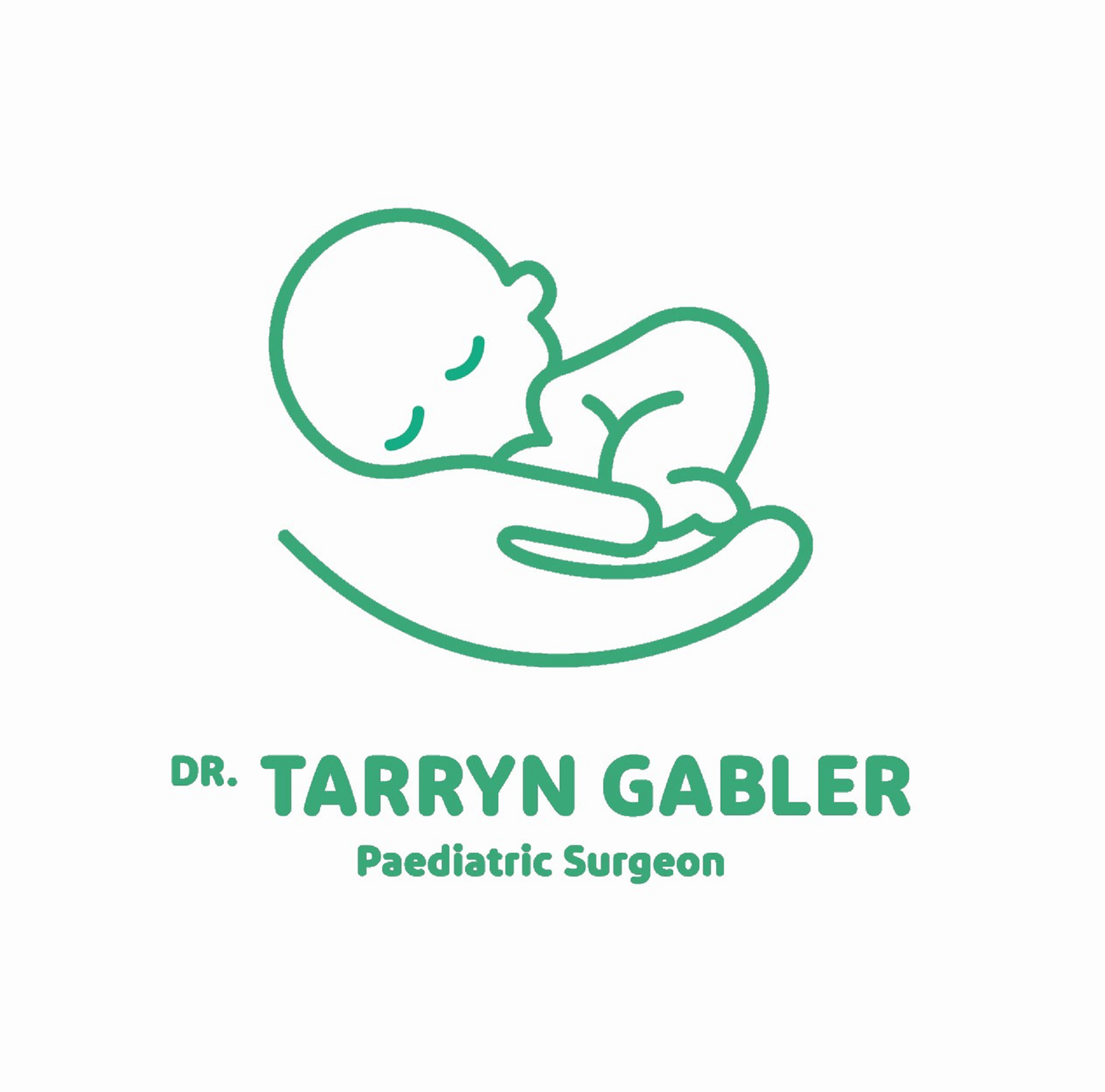
You are braver than you believe, stronger than you seem, and smarter than you think.
- Christopher Robin, Winnie the Pooh
Common Emergencies
-
Appendicitis is when the appendix becomes inflamed and filled with pus, causing pain. Appendicitis begins with pain near the belly button, which then moves to the right side of the abdomen. This is often accompanied by nausea, vomiting, poor appetite, fever and chills. Appendicitis is usually treated with surgery and antibiotics. If untreated, the appendix can rupture and cause an abscess or systemic infection (sepsis).
-
Caustic ingestion occurs when a child accidentally or deliberately ingests a caustic or corrosive substance. Depending on the nature of the substance, the duration of exposure and other factors it can lead to varying degrees of damage to the oral mucosa, the esophagus, and the lining of the stomach.
-
Skin and soft tissue infections can occur anywhere on your child’s body and are extremely common. The soft tissues are made up of the skin and its appendages (hair follicles, sweat glands), fat, muscle, tendons, and ligaments. Skin infections and abscesses often result from minor scrapes and grazes that go unnoticed, but are more common in serious injuries such as cuts, burns and bites. Soft tissue infections can be extremely serious if treated incompletely or left untreated.
-
Foreign body ingestion is when your little one swallows non-edible objects, like small toys, batteries, buttons or magnets that can then get lodged in the digestive tract. While small items can pass through the body with little or no damage, some items can get stuck in the oesophahus, the trachea or intestine and this can be extremely dangerous.
-
Intussusception is a medical emergency involving obstruction of the intestine. Symptoms include sudden, loud crying that comes and goes every 15 to 20 minutes, vomiting, and stool mixed with blood and mucus. It may be possible to push the intestine back into place using an air enema. If this fails, surgery is required required.
-
When the testicle rotates, it twists the cord supplying blood to the scrotum) beneath the penis. This may occur after vigorous activity or a minor injury to the testicles. Sudden, severe pain and swelling in the testicle are symptoms. Surgery is required. Treated promptly, the testicle can often be saved. A longer wait may lead to loss of the affected testis.
